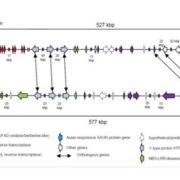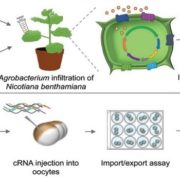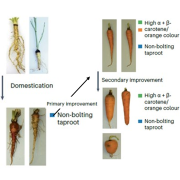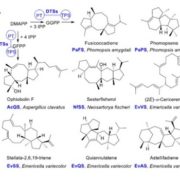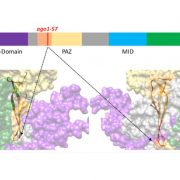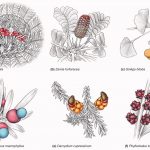Complex networks of prion-like proteins reveal cross talk between stress and memory pathways in plants (Front. Plant Sci.)
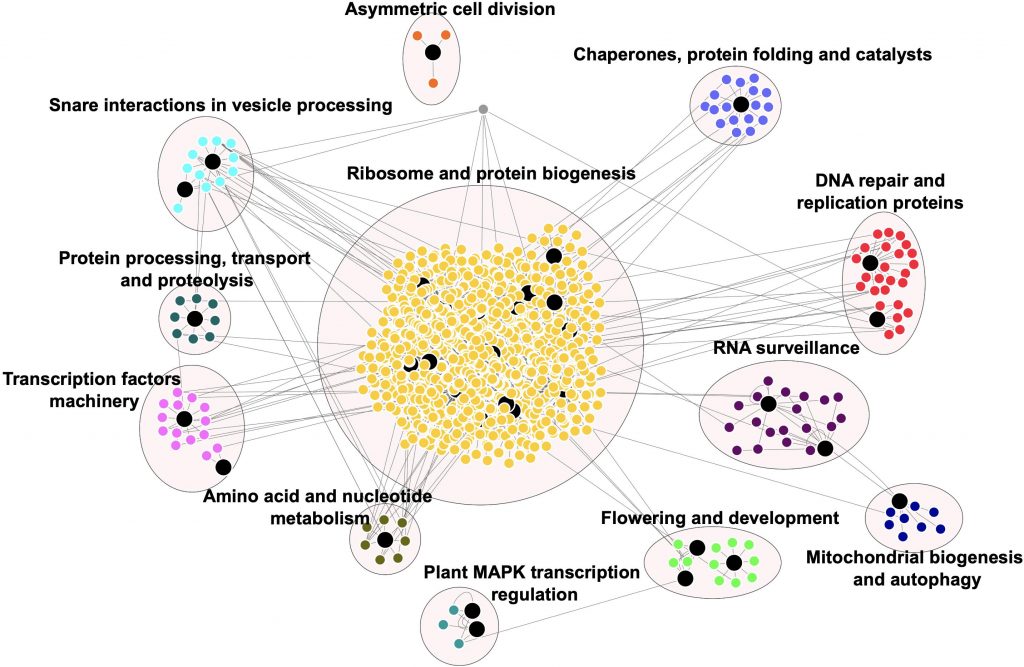 Prions were first identified as the infectious protein agents causative of Creutzfeldt-Jakob disease or bovine spongiform encephalopathy (mad cow disease); when individuals eat something containing these prion proteins, the prion proteins induce conformational changes in their brains leading to neurological damage. Prions are more generally and less scarily now known as proteins that can form different structures and initiate reversible biomolecular condensates or liquid-liquid phase separation. Previous work has shown prion-like proteins as having a role in stress and memory in yeast and Arabidopsis. Here, Garai et al. investigate the plant “prionome” across 39 genomes, examining expression, gene regulatory networks, and interactomes of plant prion-like proteins. Their findings provide support for a role in these plant prion-like proteins in stress and memory. (Summary by Mary Williams @PlantTeaching) Frontiers Plant Sci. 10.3389/fpls.2021.707286
Prions were first identified as the infectious protein agents causative of Creutzfeldt-Jakob disease or bovine spongiform encephalopathy (mad cow disease); when individuals eat something containing these prion proteins, the prion proteins induce conformational changes in their brains leading to neurological damage. Prions are more generally and less scarily now known as proteins that can form different structures and initiate reversible biomolecular condensates or liquid-liquid phase separation. Previous work has shown prion-like proteins as having a role in stress and memory in yeast and Arabidopsis. Here, Garai et al. investigate the plant “prionome” across 39 genomes, examining expression, gene regulatory networks, and interactomes of plant prion-like proteins. Their findings provide support for a role in these plant prion-like proteins in stress and memory. (Summary by Mary Williams @PlantTeaching) Frontiers Plant Sci. 10.3389/fpls.2021.707286
Interested in writing for this series? Plantae Fellows applications are open now, deadline Aug 20, 2021. https://plantae.org/fellowsapp/.


